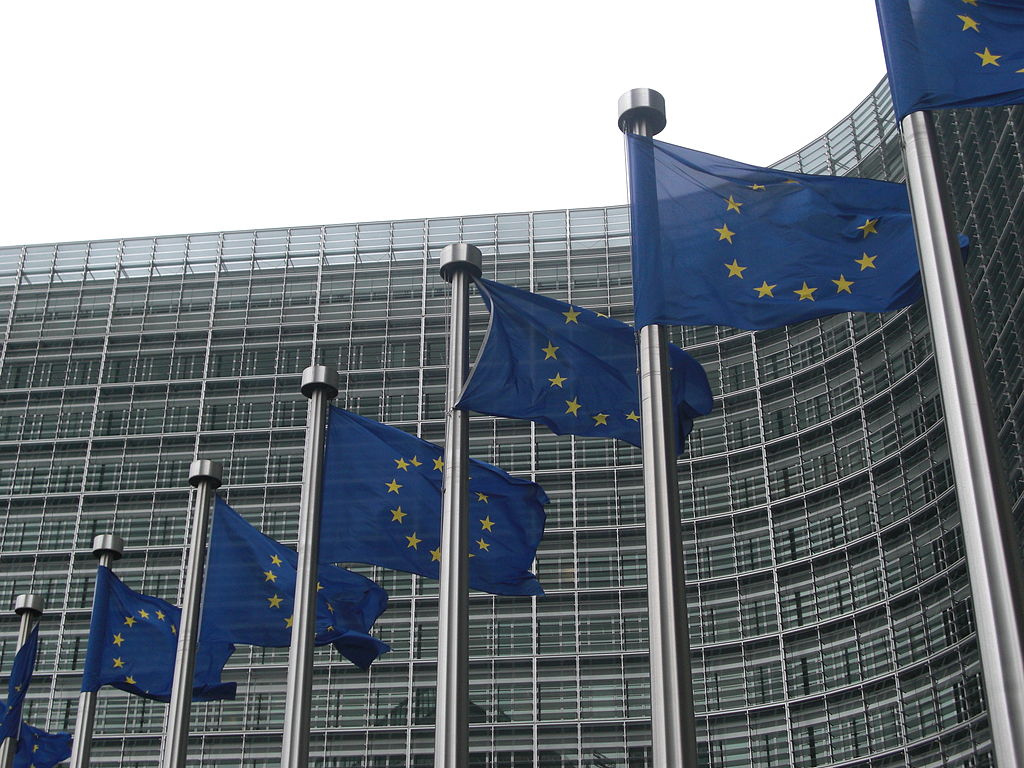EU Commission proposes a Directive on Corporate Sustainability Due Diligence

The EU Commission adopted the long-awaited draft proposal for a new Directive on Corporate Sustainability Due Diligence. The Directive imposes on EU companies a due diligence duty to 'take all proportionate and commensurate measures and make efforts within their means to prevent adverse impacts on human rights, the environment and good governance from occurring in their value chains, and to properly address such adverse impacts when they occur' (Art.1(2)). Non-EU multinational companies generating significant revenue in the EU market would also fall under the scope of the proposed Directive.
Its goal is to ensure sustainable and responsible corporate behaviour throughout global value chains and to prevent human rights and environmental abuses involving private companies operating within and outside the EU.
The standard set up in the Directive would establish new human rights requirements for companies. EU companies could be held liable for human rights violations and environmental degradation committed in the EU or in third countries by their subsidiaries, contractors or supplies. Victims will be eligible to take legal action for damages that could have been avoided with appropriate due diligence measures.
Companies will be required to identify, prevent, end or mitigate adverse environmental impact (e.g. biodiversity loss), as well as the adverse impact of their activities on human rights (e.g. child labour and exploitation of workers). They will also have to monitor the effectiveness of their due diligence policy. In addition, EU-based companies will be obliged to engage in combating climate change by adjusting their business plans.
Unfortunately, as the ISHR points out, the draft does not include any provisions referring to the protection and promotion of the work of human rights defenders. According to ISHR, it is an alarming gap, as the defenders’ work is ‘essential to the realization of all human rights, but also critical to enable stable, profitable and sustainable business environments’.
The draft proposal will be presented to the European Parliament and the Council for approval and, if adopted, the Member states will have two years to transpose it into the national legal systems.

